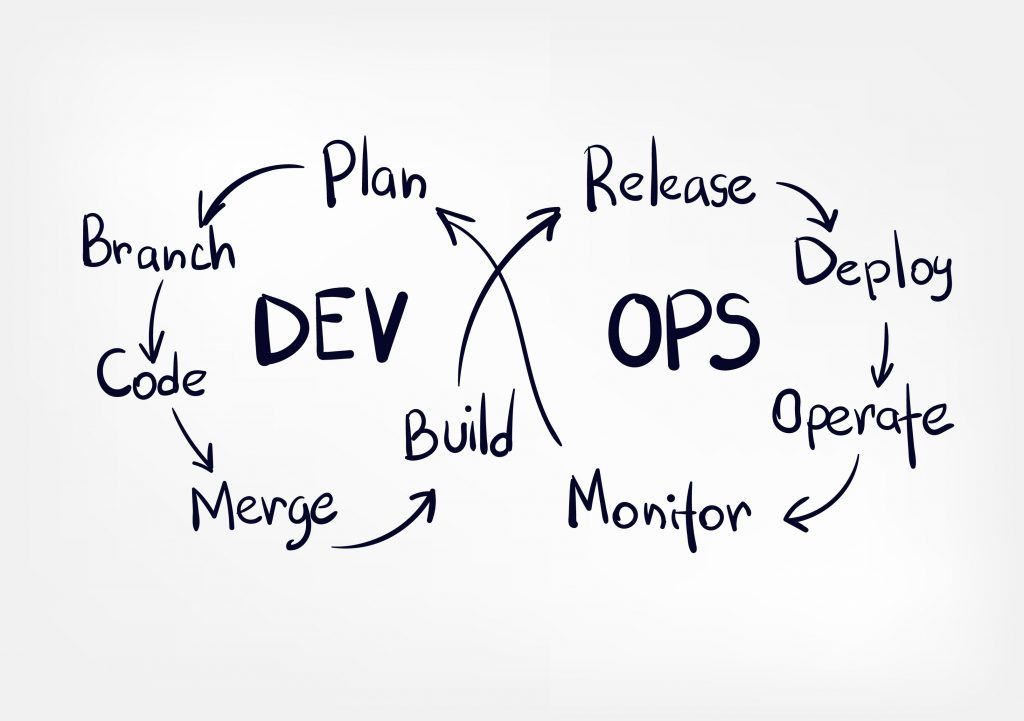Mastering DevOps: Tips and Tricks for a Seamless Software Development Workflow

Introduction
Are you ready to dive into the magical world of DevOps and uncover the secrets to a seamless software development workflow? If you're tired of siloed teams and disjointed processes slowing you down, it's time to embrace the power of DevOps! In this article, we'll explore the importance of collaboration between development and operations teams, share some key DevOps practices you should adopt, and even throw in some real-life success stories to get you inspired. So, let's get started and take your software development game to the next level!
Understanding DevOps: A quick refresher
Before we jump into the nitty-gritty, let's quickly refresh our memories on what DevOps is all about. DevOps is a software development approach that emphasizes collaboration, communication, and integration between development and operations teams. By breaking down the barriers between these teams, DevOps aims to improve software quality, reduce deployment times, and increase overall efficiency. It's like a well-choreographed dance where everyone knows their steps and moves in harmony. In an even more recent development, a new term appeared "Platform Engineering" which is used to define a DevOps methodology that breaks down silos even further.
The importance of collaboration between development and operations teams
Collaboration between development and operations teams is the beating heart of DevOps. By working together, these teams can identify and address issues earlier in the development process, leading to fewer errors and faster deployment times. Plus, when everyone is on the same page, it's much easier to innovate and adapt to changing requirements. It's like having a superhero squad, where each member brings unique skills to the table, working together to save the day!
Key DevOps practices you should adopt
Ready to dive into the world of DevOps? Here are some key practices you should consider adopting:
- Continuous integration (CI): Regularly integrate code changes into a shared repository, allowing for quick detection and resolution of integration issues.
Tools to help: GitHub, GitLab, Jenkins, CircleCI, Drone CI. - Continuous delivery (CD): Automatically build, test, and deploy code changes to production, ensuring that your software is always ready for release. Tools to help: Any tools that does CI + ArgoCD, Flux.
- Infrastructure as code (IAC): Manage and provision infrastructure through code, making it easier to version, audit, and share.
Tools to help: Terraform, Pulumi, Ansible, Chef. - Monitoring and logging: Keep a close eye on your application's performance and health, allowing you to quickly diagnose and fix issues.
Tools to help: Prometheus, Victoria Metrics, Grafana, Loki. - Communication and collaboration tools: Use tools like Slack, Trello, and Jira to keep everyone in the loop and facilitate smooth collaboration.
Overcoming common challenges in implementing DevOps
Implementing DevOps can be a bumpy ride, but don't worry! Here are some tips to help you overcome common challenges:
- Start small: Focus on one or two DevOps practices at first, and gradually expand as your team becomes more comfortable.
- Foster a culture of collaboration: Encourage open communication, knowledge sharing, and teamwork across departments.
- Invest in training: Provide resources and opportunities for your team to learn and grow in their DevOps skills.
Real-life examples of DevOps success stories
Need some inspiration? Check out these real-life examples of companies that have successfully implemented DevOps:
- Etsy: By adopting a DevOps mindset and practices, Etsy was able to scale its infrastructure, reduce deployment times, and improve overall site performance.
- Target: Through DevOps initiatives, Target transformed its software delivery process, resulting in faster releases and better collaboration between teams.
- Adobe: Embracing DevOps helped Adobe to streamline its development processes and accelerate the release of new features and updates.
Conclusion
Embracing DevOps can revolutionize your software development workflow, leading to faster deployment times, improved collaboration, and a more resilient application. By adopting key DevOps practices and fostering a culture of teamwork, you'll be well on your way to creating a seamless and efficient software development process. Remember, the journey to DevOps mastery is a marathon, not a sprint, so be patient, invest in your team's growth, and celebrate the small wins along the way.
With these tips and tricks under your belt, you're now ready to embark on your own DevOps adventure! So, go forth and conquer the software development world with your newfound knowledge and expertise. And as always, keep an eye on this blog for more insights, trends, and best practices in the ever-evolving tech landscape, I plan to post a lot more things about DevOps practices and tooling. Happy coding!
